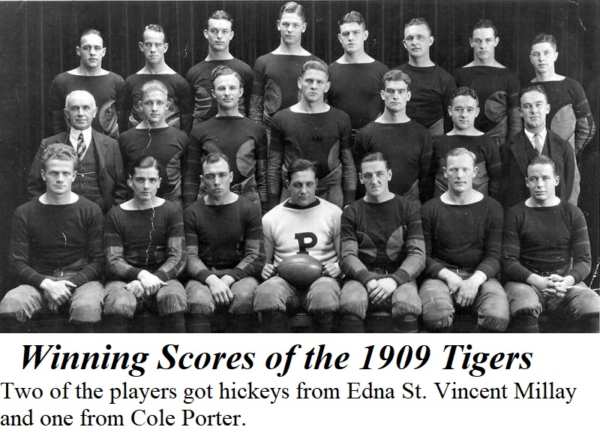I. Who’s Who
My idea of casual conversation would include an allusion to Benjamin Disraeli. My acquaintance’s idea of a response was “Who?” I hoped that I maintained a stoic mien but my eyebrows might have been doing the semaphores of “Really?” The lady, a friend of a neighbor, is Gentile; so she would have been indifferent to the most interesting feature of Disraeli. I just provided her with a brief description of a “British prime minister of the 19th century and a man of extraordinary charm and wit.”
Now, I don’t want to seem like a pedantic bully (even if I really am) but I think that a middle-aged college graduate should have heard of Benjamin Disraeli. He is not obscure. It is not as if I had belabored the poor woman with such prime ministerial ciphers as Henry Campbell-Bannerman or James Callahan. (And if I had mentioned Andrew Bonar Law, she might have slapped me.)
I realized that Americans’ criterion for historical significance is whether or not it was made into a movie. But Disraeli has been, and he has been portrayed by George Arliss, John Gielgud, Alec Guinness and Ian McShane. Given Disraeli’s origins, Ben Stiller or Seth Rogen may feel entitled to play him! No, that woman should have heard of Disraeli.
In fact, I think that a number of British prime ministers merit at least a minimum of recognition.
Robert Walpole (1721-1741): a $2,000 question on Jeopardy but he was the first prime minister.
Lord North (1770-1782): the idiot during the American Revolution.
William Pitt the Younger (1783-1801, 1804-1806) if only because Pittsburgh was named for his father.
Earl Grey (1830-1834): because he had such great taste in tea. Yes, really.
Benjamin Disraeli (1868, 1874-1880): he needs no introduction.
William Gladstone (1868-1874, 1880-1885, 1886, 1892-1894): Disraeli’s rival. If Disraeli was Groucho, Gladstone was Margaret Dumont.
David Lloyd George (1916-1922): in case you were wondering who was standing next to Woodrow Wilson at Versailles.
Neville Chamberlain (1937-1940): who is now remembered as an insult and an accusation.
Winston Churchill (1940-45, 1951-1955): the man George Bush claimed to be–give or take the eloquence.
Margaret Thatcher (1979-1990): Disraeli’s politics with Gladstone’s charm.
Tony Blair (1997-2007): if only to prove that you were not completely oblivious.
Boris Johnson…oh, maybe not.



